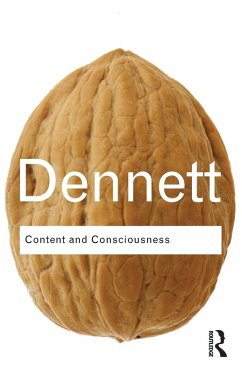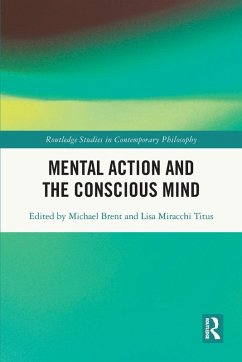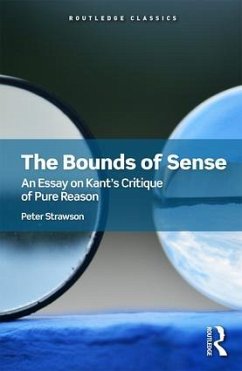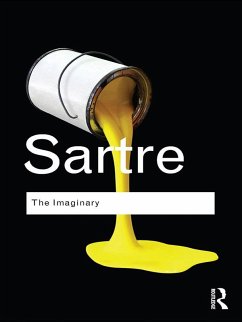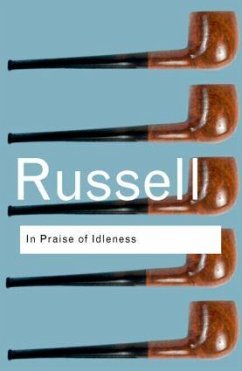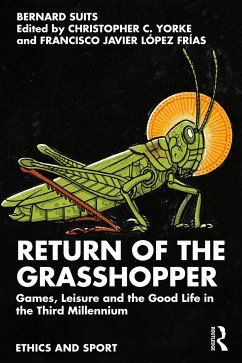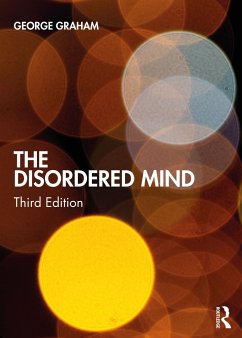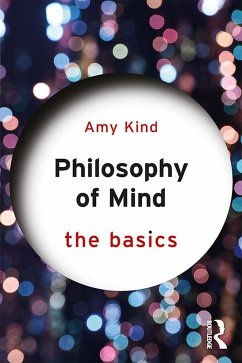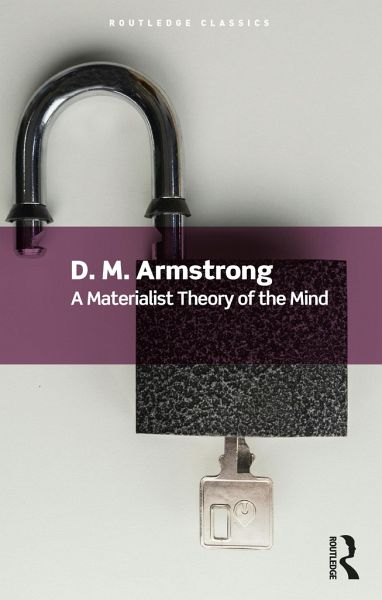
A Materialist Theory of the Mind
Versandkostenfrei!
Versandfertig in 6-10 Tagen
22,99 €
inkl. MwSt.
Weitere Ausgaben:

PAYBACK Punkte
11 °P sammeln!
D. M. Armstrong's A Materialist Theory of the Mind is widely known as one of the most important defences of the view that mental states are nothing but physical states of the brain. A landmark of twentieth-century philosophy of mind, it launched the physicalist revolution in approaches to the mind and has been engaged with, debated and puzzled over ever since its first publication over fifty years ago.Ranging over a remarkable number of topics, from behaviourism, the will and knowledge to perception, bodily sensation and introspection, Armstrong argues that mental states play a causally interm...
D. M. Armstrong's A Materialist Theory of the Mind is widely known as one of the most important defences of the view that mental states are nothing but physical states of the brain. A landmark of twentieth-century philosophy of mind, it launched the physicalist revolution in approaches to the mind and has been engaged with, debated and puzzled over ever since its first publication over fifty years ago.
Ranging over a remarkable number of topics, from behaviourism, the will and knowledge to perception, bodily sensation and introspection, Armstrong argues that mental states play a causally intermediate role between stimuli, other mental states and behavioural responses. He uses several illuminating examples to illustrate this, such as the classic case of pain.
This Routledge Classics edition includes a new Foreword by Peter Anstey, placing Armstrong's book in helpful philosophical and historical context.
Ranging over a remarkable number of topics, from behaviourism, the will and knowledge to perception, bodily sensation and introspection, Armstrong argues that mental states play a causally intermediate role between stimuli, other mental states and behavioural responses. He uses several illuminating examples to illustrate this, such as the classic case of pain.
This Routledge Classics edition includes a new Foreword by Peter Anstey, placing Armstrong's book in helpful philosophical and historical context.





